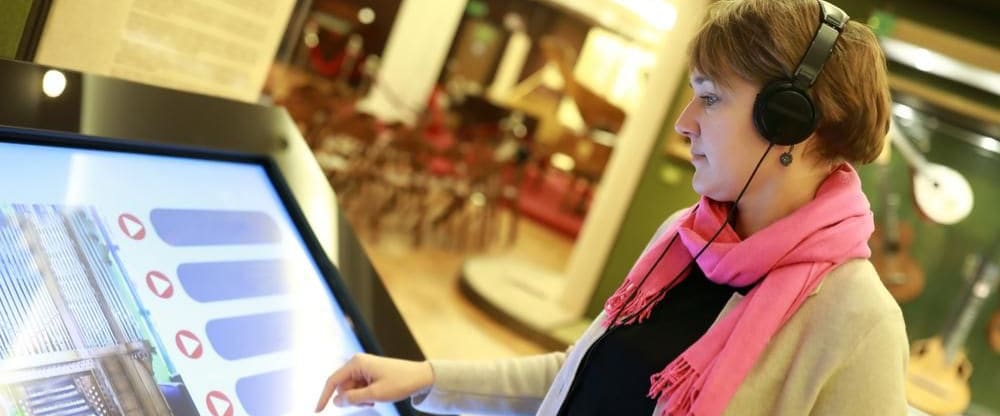Why You Should Study Digital Humanities
At the intersection of digital technology, computer science, and the humanities enters a new way of thinking. The field of digital humanities involves collaborative, interdisciplinary, and digitally engaged research, writing, teaching, and publishing. Here's why you should study them. Let's take a closer look.
- Education

At the intersection of digital technology, computer science, and the humanities enters a new way of thinking. The field of digital humanities involves collaborative, interdisciplinary, and digitally engaged research, writing, teaching, and publishing. So, what are digital humanities, exactly? It's hard to pin down. At its core, is the idea of humanists -- experts in the humanities. They are academics, researchers, writers, teachers, critics, and professors.
But instead of working with print, digital humanists work with -- yes -- digital, which is relatively new. Digital humanists are the same group of people who are experts in the field of what makes us human, and their words are still central, but they use digital tools to communicate their ideas.
Here's a closer look at what folks do in the field, and why you may want to consider studying the digital humanities.
1. Digital humanities is a promising new field
In 2017, PCMag called it "the most exciting field you've never heard of," outside of academia, anyway. The field shone in a recent digital humanities project, Torn Apart/Separados, a data mapping project that documented the locations of federal and private juvenile detention facilities across the country over a six-day period. The project gained national attention for the use of digital humanities, in a divisive, political issue.
The June 2018 issue of Wired highlighted the project's creation. Alex Gil, the digital scholarship librarian at Columbia University, assembled a team of "digital ninjas" for a "crisis researchathon." His team included professors, graduate students, researchers, and fellows from across the country who shared a common interest in "the history of colonialism, empire, and borders; and the belief that classical research methods can be used not just to understand the past but to reveal the present." Torn Apart team member Roopika Risam, a professor of English and library fellow at Salem State University and author of New Digital Worlds, said, "Our team is the perfect example of what Digital Humanities can be: a body of work that really cuts across units at universities, libraries, departments, and roles like faculty administration and staff to think about the ways digital tools can help us better understand culture."
Just think about the possibilities!
2. Digital humanities jobs are on the rise
In addition to the opportunities to do fulfilling work, the digital humanities offer some interesting career paths, too.
A digital curator functions in many ways as a traditional one. They are charged with selecting, preserving, maintaining, and archiving digital assets for present and future use. It's curation brought to the digital platform -- and with that comes a healthy dose of cybersecurity.
Information architects design structured digital environments for information. They focus on the aesthetics and organization of designing and labeling websites, intranets, online communities and applications that allow people to access information in meaningful ways.
Data scientists and meta-analysts interpret large amounts of data and make decisions about how information should flow. The need is great. Major research libraries and even smaller public libraries need people with experience in the digital humanities to make their vast troves of knowledge accessible in the digital world.
3. Majoring in digital humanities is big plus in the academic world
In academia, the need for digital humanists is even greater. While many libraries need people with knowledge of and experience in digital humanities, many departments at colleges and universities advertise for specialists in the field.
As more libraries look to digitize and organize their entire collections, colleges and universities need experts in all aspects of the digital humanities to make it happen. The intersection of the digital world with the analog one is real and requires digital humanists to do the heavy lifting.
4. There are many digital humanities course offerings
Do an online search of 'digital humanities courses' and you'll find all you ever wanted and more. The key is to find a program that suits your needs -- you can major in it, minor in it, earn a certificate, or pursue advanced study.
The bottom line? The digital humanities are here to stay. If you like information and the digital world and want a career at the forefront of academia or activism, the digital humanities may be the perfect fit for you!
Interested? Find a digital humanities program today
Find a program in these categories


